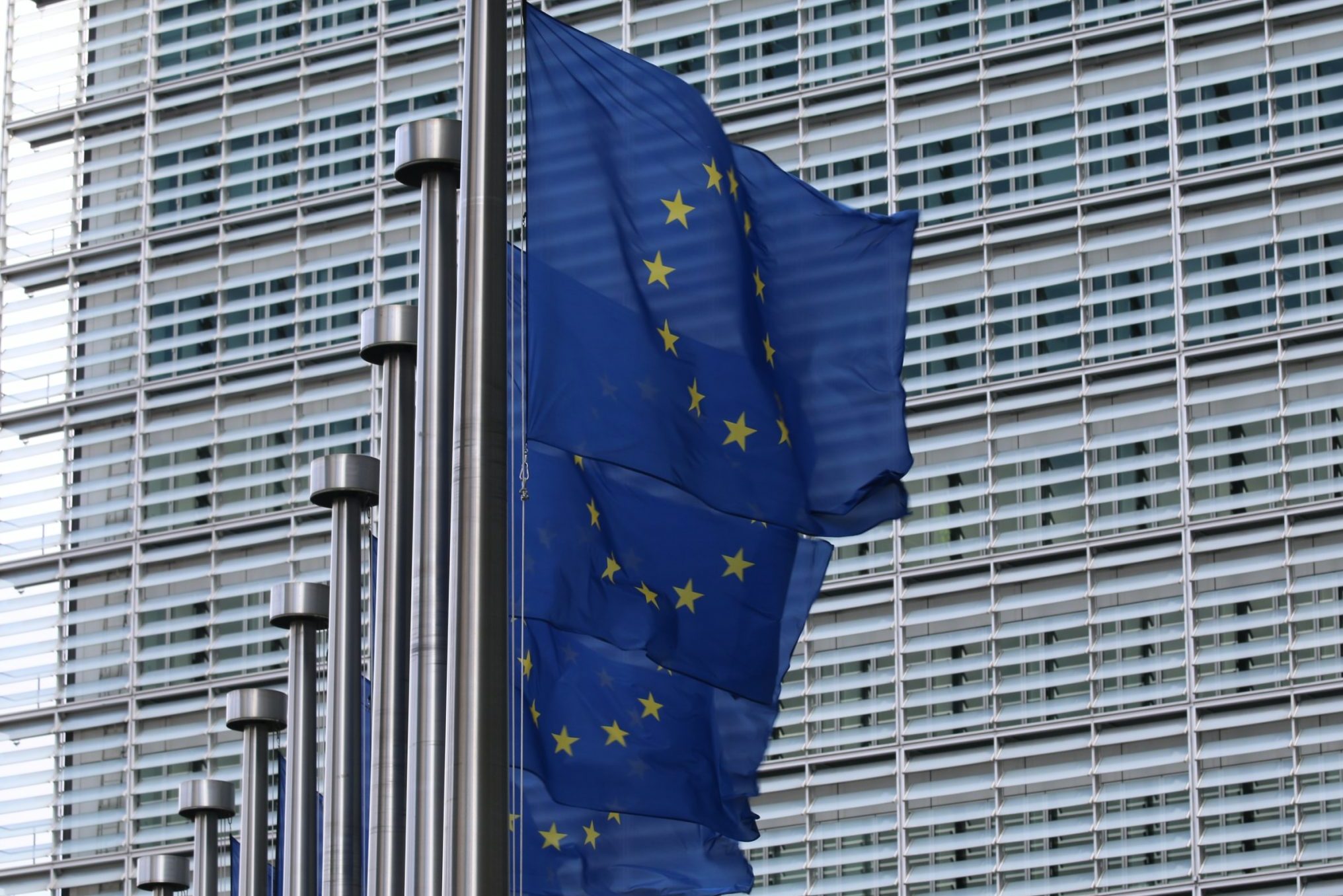Europe's New Climate Policies Meet a Travel Reality

Skift Take
The travel industry looks set to clash with the European Commission over proposals for its "Fit for 55" climate change legislation. It's going to be a pivotal year.
Politicians in Brussels will be looking to push through legislation over the coming months that could heavily penalize the corporate travel sector.
The European Commission wants to ensure a smooth transition to greener energy, and is contemplating a new carbon tax, airline reporting standards, and regulations for renewable energy.
"About a dozen proposals are on the table," said Charles Feld, director of the energy, environment and transport practice at public relations firm Grayling, in a recent interview. "It’s going to be complicated."
The travel industry is keeping a close eye on the European Commission's Fit for 55 package of proposals — a legislation designed to reduce greenhouse gas emissions by 55 percent by 2030, compared to 1990 leve
